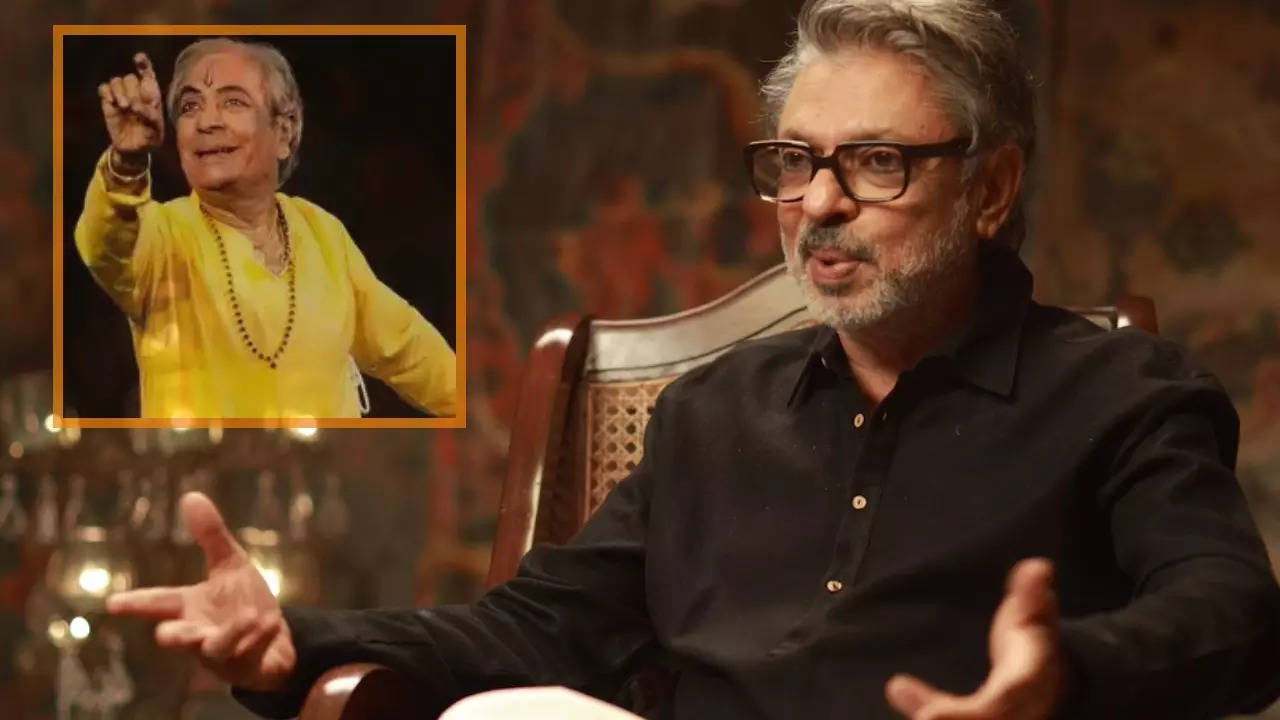rewrite this content and keep HTML tags
“I am personally happy that people in other countries will be able to enjoy this (Heeramandi),” Bhansali begins, his enthusiasm palpable. “You see when I make a film like ‘Padmaavat’ or ‘Gangubai,’ it doesn’t get released simultaneously in two hundred countries. But now, with this series on Netflix, people can watch it from anywhere.”
The filmmaker emphasizes the expanded reach his work now enjoys thanks to the streaming platform. He mentions, “The reach of my work has expanded significantly. Netflix is releasing this series with great affection and care. They treat every subject and series as their own. They have given me everything I needed – confidence, love, assurance – all of it.”
The filmmaker’s venture into OTT comes with its own set of challenges and rewards. “When your work reaches an audience in two hundred countries, it’s a big deal,” he notes.
EXCLUSIVE | SANJAY LEELA BHANSALI on Love, Rebellion & HEERAMANDI: Beyond The Glitz | Director’s Cut
He further adds, “Whether people binge-watch or watch in segments, it’s important to me that they watch. If I sing a song, someone must be there to listen. If I make a film, people come to theaters or watch it on OTT platforms; what matters is that people watch.”
Reflecting on the profound need for an artist’s work to be seen, Sanjay Leela Bhansali shares a poignant anecdote involving the legendary Kathak maestro, Pt. Birju Maharaj. “I remember an incident with Birju Maharaj Ji during the time of ‘Devdas.’ He had come to record two songs, including ‘Kaahe Chhed Chhed’ for Madhuri. One day, he was sitting in his hotel, and I got a call in the evening saying he had nothing to do because it was a Sunday.”
He continues, “Maharaj Ji said, ‘We are artists. We don’t feel like eating or enjoying food until we perform for someone.’ I asked what I could do, and he replied, ‘Take me somewhere to perform.’ So, I took him to Madhuri’s house. I asked if we could come over because Maharaj Ji wanted to perform.”
“Every artist wants their talent to be seen, appreciated, or even criticized. Criticism is also a part of an artist’s growth and life,” Bhansali reflects. “When that happens, when people watch your work – whether on their phone, a screen, a big TV, or a home theater – it’s invaluable. I learned from such people and realized the importance of having your work seen,” expresses the filmmaker.


